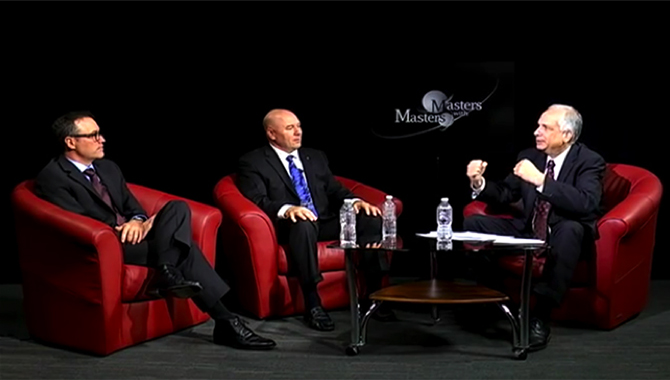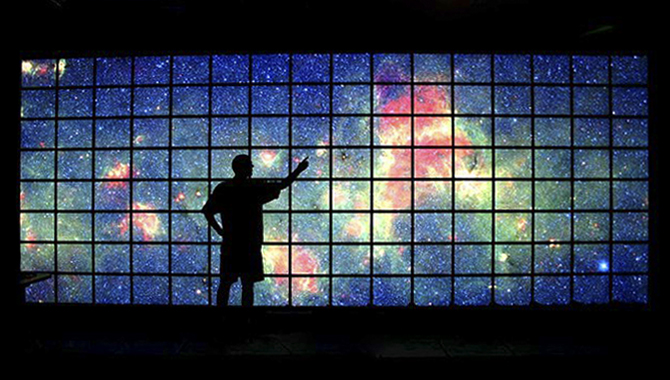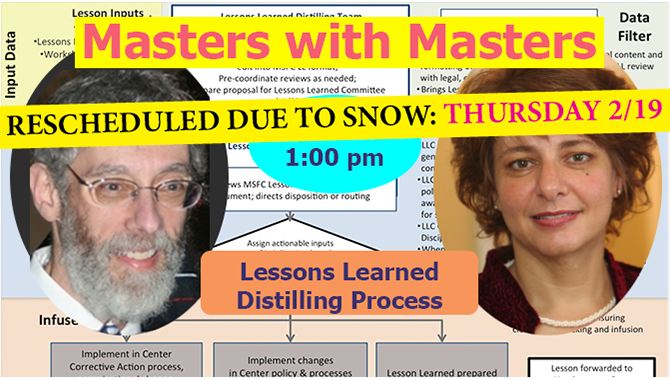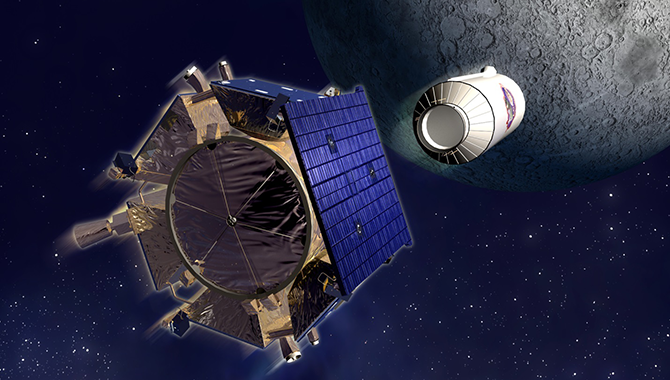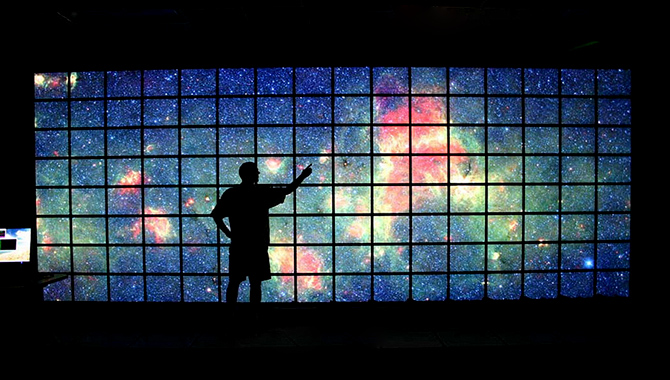
The center of the Milky Way galaxy imaged by NASA's Spitzer Space Telescope.
Photo Credit: NASA/Ames/JPL-Caltech
How can big data help NASA projects and programs ensure mission success?
Join Dr. Ed Hoffman, NASA Chief Knowledge Officer (CKO), on Tuesday, September 22, 2015, from 11:00 a.m. – 12:30 p.m., in this special Masters with Masters (MwM) live webcast as he interviews two NASA knowledge practitioners about the Agency’s leveraging knowledge of and from big data for best practices across all programs and projects.
| John Sprague is Deputy, Technology & Innovation Division and End User Architect at NASA and is responsible for the architecture of the largest information technology portfolio affecting over 60,000 scientists, researchers, and academic partners. As End User Services Domain Architect, he develops roadmaps and architecture artifacts utilizing a team of eleven Center Enterprise Architects. He previously led the “Bring Your Own Device” effort with support of over three dozen Center staff. He is also the Developmental Challenge Lead for the annual International Space Apps Challenge. | |
| Brian Thomas, a Data Scientist at NASA, has more than 20 years of experience supporting or leading scientific research, data analysis, and scientific programming. He has worked in a variety of environments including the National Optical Astronomy Observatory, NASA’s Goddard Space Flight Center, and the University of Georgia’s particle accelerator facility. He is an expert in science data engineering and archives. |
Knowledge is the bedrock of mission success, and like other knowledge-intensive organizations, NASA faces continuous challenges in making effective use of what it knows. These include:
- Enabling the flow of big data across organizational boundaries
- Developing and supporting expertise in big data analysis
- Providing means for individuals and teams to explore, explain and exhibit analysis results
- Infusing lessons learned about and from big data into processes
Other issues to be addressed: NASA is actively engaged in developing knowledge strategies that identify and capture critical knowledge and address knowledge gaps, using approaches (such as case studies, storytelling, portals, search, video interviews and Pause and Learns) illustrated in NASA’s Knowledge Map.
Register through this NESC Academy RSVP link to attend virtually on Tuesday, September 22, 2015, from 11:00 a.m. – 12:30 p.m. EST. To watch previous Masters with Masters, please visit the NASA APPEL YouTube Channel.






